Knowledge Hub
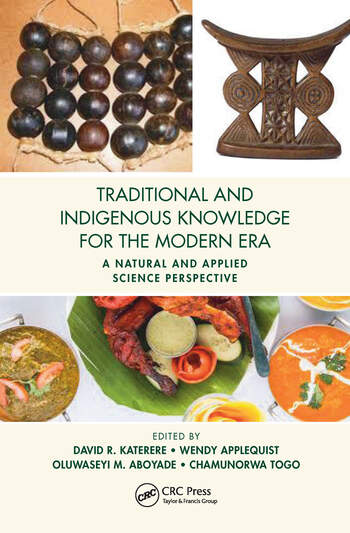
Traditional and Indigenous Knowledge for the Modern Era: A Natural and Applied Science Perspective
2021
Author(s): Katerere D R, Applequist W, Aboyade O M, Togo C
This book presents a compilation of reviews, case studies, and primary research attempting to locate the utility of traditional and Indigenous Knowledges in an increasingly complex world.
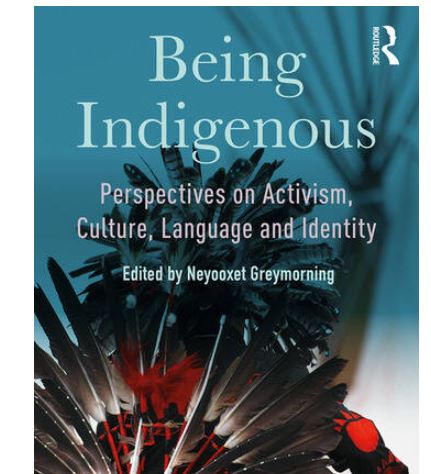
Being Indigenous: Perspectives on Activism, Culture, Language and Identity
2018
Author(s): Greymorning N
The book provides valuable historical and political insight into the lingering impact of colonization, considering the issues faced by Indigenous peoples today and reflecting on the ability of their cultures, languages and identities to survive in the twenty-first century.
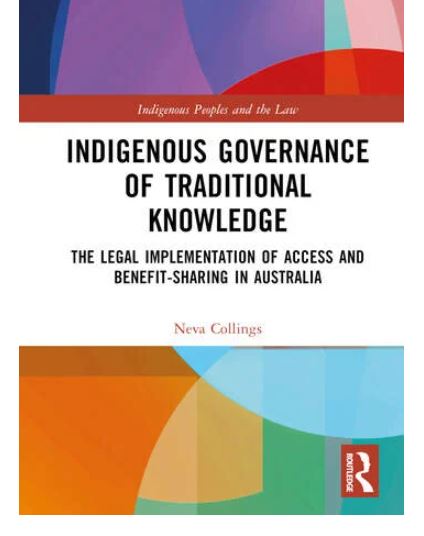
Indigenous Governance of Traditional Knowledge: The Legal Implementation of Access and Benefit-Sharing in Australia
2023
Author(s): Collings N
This book addresses the issue of Indigenous peoples' participation in genetic resource access and benefit-sharing and associated traditional knowledge for self-determination.
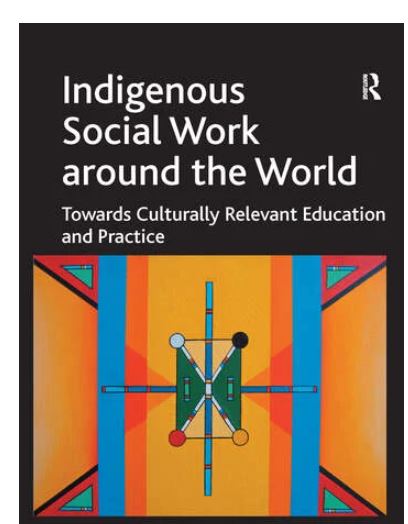
Indigenous Peoples' Wisdom and Power: Affirming Our Knowledge Through Narratives
2010
Author(s): Gray M, Coates J
Capturing the narratives of indigenes, this book presents a unique anthology on global Indigenous peoples' wisdoms and ways of knowing. Covering issues of religion, cultural self-determination, philosophy, spirituality, sacred sites, oppression, gender and the suppressed voices of women, the diverse global contexts across Africa, Asia, the Middle East, North and South America, and Oceania are highlighted.
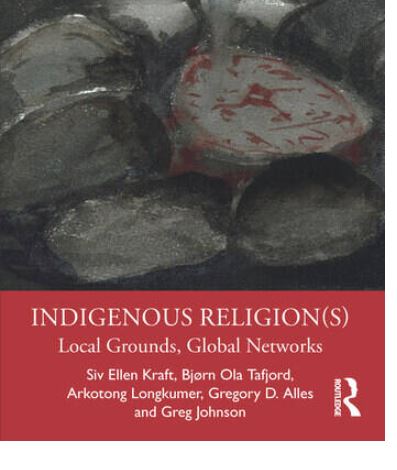
Indigenous Religion(s) Local Grounds, Global Networks
2021
Author(s): Kraft E S, Tafjord B O, Longkumer A, Alles G D, Johnson G
This book sheds light on the contemporary lives of indigenous religion(s), through case studies from Sápmi, Nagaland, Talamanca, Hawai`i, and Gujarat, and through a shared focus on translations, performances, mediation and sovereignty. It builds on long term case-studies and on the collaborative comparison of a long-term project, including shared fieldwork.
From Primitive to Indigenous: the Academic Study of Indigenous Religions
2017
Author(s): Cox J L
Evaluating this assumption in the light of case studies drawn from Zimbabwe, Alaska and shamanic traditions, and in view of current debates over 'primitivism', the author mounts a defence for the scholarly use of the category 'Indigenous Religions'.Â
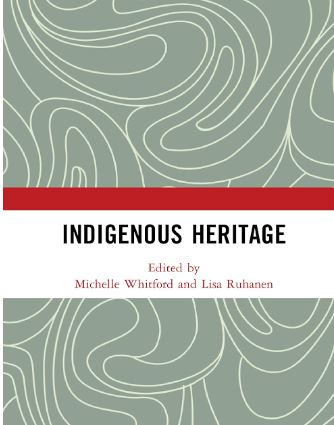
The history of Indigenous peoples’ engagement in tourism has provided a range of examples of the threats to Indigenous culture that can accrue as a result of tourism (i.e., cultural degradation, commercialisation and commodification, authenticity and identity, among others). This book presents an exploration of the intersection between tourism and Indigenous culture.
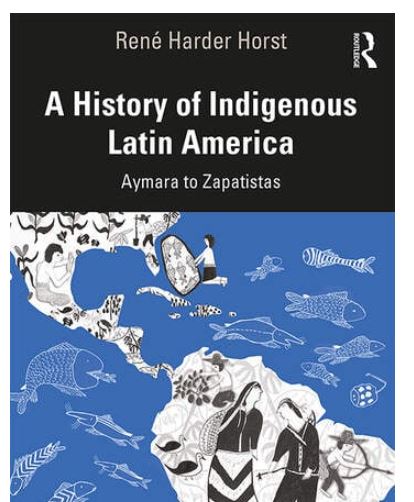
A History of Indigenous Latin America is a comprehensive introduction to the people who first settled in Latin America, from before the arrival of the Europeans to the present. Indigenous history provides a singular perspective to political, social and economic changes that followed European settlement and the African slave trade in Latin America.
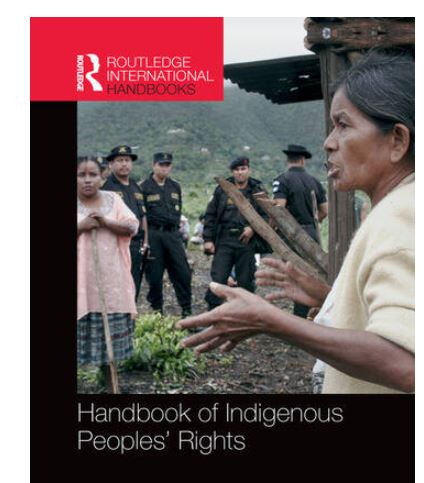
This handbook is a comprehensive interdisciplinary overview of indigenous peoples’ rights. Chapters by experts in the field examine legal, philosophical, sociological and political issues, addressing a wide range of themes at the centre of debates on the rights of indigenous peoples.
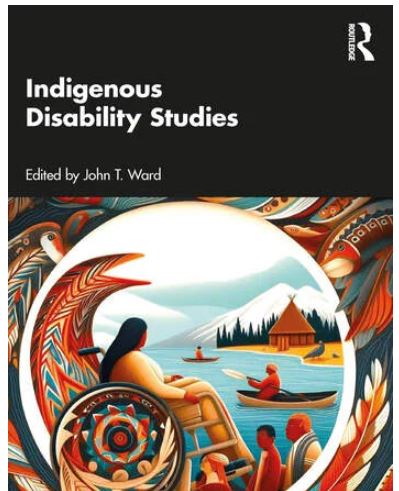
This book provides a comprehensive approach to the perspectives, lived experiences, and socio-cultural beliefs of Indigenous scholars regarding disabilities through a distinctions-based approach. Indigenous people demonstrate considerable knowledge in a multitude of compacities in spite of legal, monetary, social, economic, health, and political inequalities that they experience within from administrative authorities whether health, education or governments.



